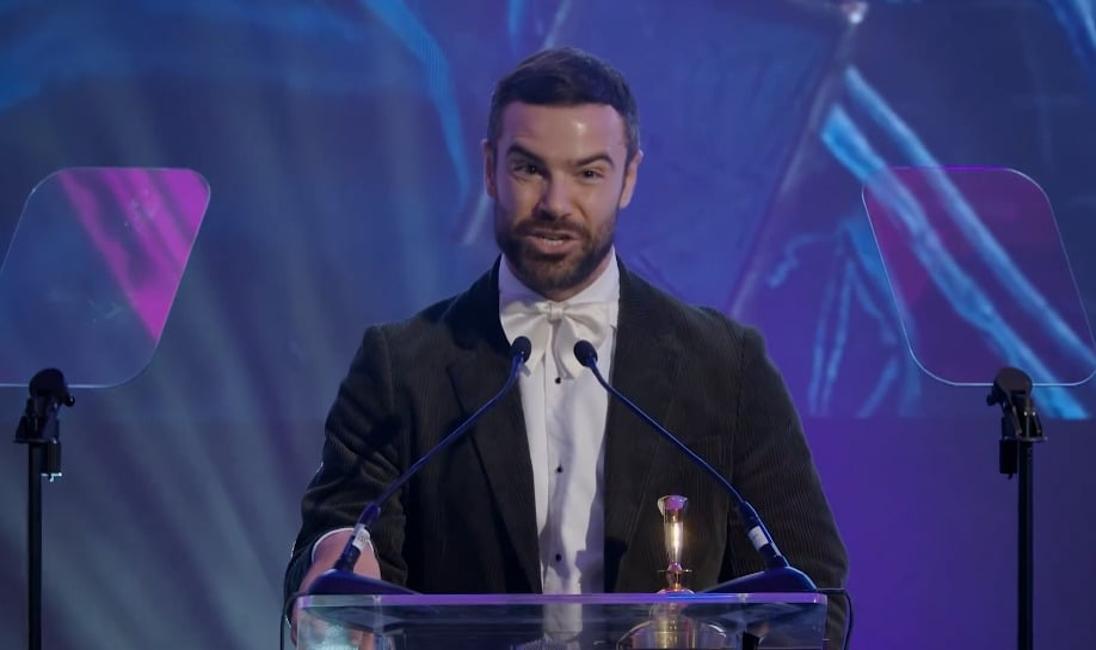Okay, here's the thing. When I heard about this, I practically choked on my coffee. An astronaut. Expedition 33. An award acceptance speech. Unfiltered truth? It's like a cosmic recipe for clickbait gold. But then I thought, hang on, what if it's actually interesting? What if there's some serious insight buried in there?
Because, let's face it, we're used to carefully-crafted narratives from people in the public eye. Especially astronauts! You imagine years of media training, a team of PR folks sanitizing every utterance... So the idea of someone breaking free from all that? It's tantalizing. It suggests...something real.
And I, for one, am a sucker for real. Gimme the messy, the awkward, the uncomfortable truths. Hold the corporate-approved soundbites, please!
What Exactly Happened on Expedition 33?
Expedition 33, for those who need a quick refresher, was a mission to the International Space Station (ISS) that took place back in 2012. Commanded by Canadian astronaut Chris Hadfield – yes, the very same one who serenaded us with his rendition of Space Oddity – it was, by all accounts, a pretty standard stint of scientific research and orbital maintenance. Learn more about the specifics on Wikipedia.
But here's the thing: what makes it special, what elevates it beyond the ordinary, is this supposed award acceptance speech. The speech where, allegedly, an astronaut decided to throw caution to the wind and spill the beans. About what, you might be wondering? Ah, that's the million-dollar question, isn't it? We will get there!
But first, a slight digression. This reminds me of that "coziness test" floating around online. You know, the one that tries to gauge your personality based on how you define "cozy"? It's silly, sure, but it taps into something fundamental about our desire to understand each other on a deeper level.
The Speech Heard 'Round the World (Maybe)
So, the astronaut in question. The speech itself. Details are frustratingly scarce, aren't they? That only adds to the intrigue, of course. It creates this vacuum, this space for speculation and conjecture. What could have been so earth-shatteringly honest that it's become this whispered legend within the space community? It's kind of like waiting for the next Marvel movie – the anticipation is half the fun!
And it's not just the content of the speech, it's the context. Award acceptance speeches are, by their very nature, performative. They're carefully crafted to convey gratitude, humility, and perhaps a touch of inspiration. They're not typically known for their raw, unvarnished honesty. Unless, of course, someone decides to rewrite the script.
I imagine the room. The hushed anticipation. The polite applause slowly giving way to stunned silence as the astronaut veers off course. What do you think their PR team was thinking?
Why Does Unfiltered Honesty Matter?
I keep coming back to this question: Why are we so drawn to these moments of unfiltered honesty? Why do they resonate so deeply with us, even when they're uncomfortable or challenging?
I think it's because, in a world of carefully curated online personas and PR-managed narratives, genuine authenticity is a rare and precious commodity. We crave it. We yearn for it. We're willing to forgive a lot – awkwardness, vulnerability, even the occasional foot-in-mouth moment – as long as we sense that someone is being real with us.
It’s about that basic human connection, isn’t it? It is. It’s about seeing ourselves reflected in someone else’s experiences, even if those experiences are wildly different from our own. I've got to admit, this part fascinates me! We need it like plants need sunlight. Wait, that's not quite right...we WANT it like... well, you get the idea.
But...there’s also a dark side, isn't it? Because honesty, even when well-intentioned, can be weaponized. It can be used to manipulate, to deceive, to inflict pain. And that's the thing about finding true authenticity and honesty: it's really hard.
FAQ: Decoding the Expedition 33 Mystery
Why is Expedition 33 so significant in space history?
Well, in the grand scheme of things, it might not be the most significant. But it was a solid, productive mission with important research conducted. Also, the presence of Chris Hadfield added a unique element, given his later social media fame and efforts to popularize space exploration. But it's not like they discovered aliens or anything! The main point is the alleged speech.
What was the main purpose of Expedition 33?
The usual stuff! Scientific research in microgravity, maintaining the ISS systems, and conducting experiments. Think biology, physics, medicine – all the cool stuff that's hard to do on Earth. But, again, the real story, the one we're all itching to uncover, is what happened after the mission during the award ceremony.
How do I know if an astronaut's statements are truly unfiltered?
That's the million-dollar question, isn't it? It's almost impossible to know for sure. We have to rely on our gut instincts, on the consistency of their words and actions, and on the accounts of people who were actually there. But ultimately, it's an act of faith. We want to believe, so we look for evidence that supports our belief.
What were some of the science experiments on Expedition 33?
There were a whole slew of experiments! Studying the effects of microgravity on plant growth, testing new materials for spacecraft construction, and investigating the human body's response to long-duration spaceflight. Standard, but very important, work.





















